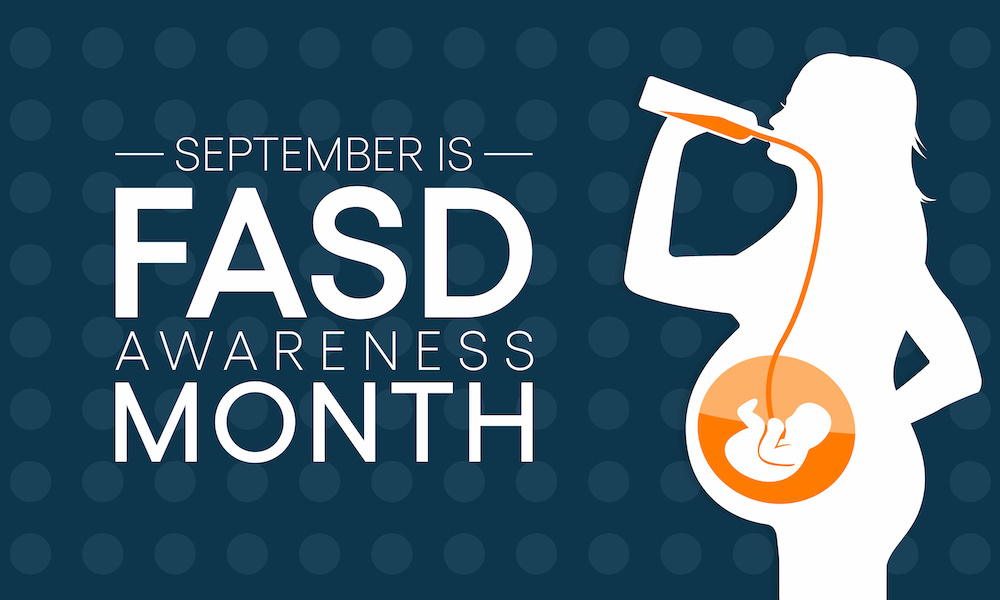Every year, during the month of September, the world comes together to observe Fetal Alcohol Awareness Month. This crucial awareness campaign aims to shed light on the dangers of consuming alcohol during pregnancy and the lifelong impact it can have on an unborn child. Fetal Alcohol Spectrum Disorders (FASD) is a preventable condition, and this month serves as a reminder of our collective responsibility to protect the most vulnerable members of society – our children.
Understanding Fetal Alcohol Spectrum Disorders
FASD is an umbrella term used to describe a range of physical, behavioral, and cognitive disabilities that can occur in individuals who were exposed to alcohol in utero. These disorders encompass a spectrum, with Fetal Alcohol Syndrome (FAS) being the most severe and visible form of the condition. FAS is characterized by facial abnormalities, growth deficiencies, and intellectual disabilities. However, not all children affected by prenatal alcohol exposure display these physical characteristics, which is why it is crucial to raise awareness about the less apparent but equally devastating effects of FASD.
Prevalence and Risk Factors
FASD is far more common than most people realize. In fact, it is estimated that around 1 in 20 school-aged children may have some form of FASD. The prevalence of FASD varies across populations and regions, but it is a global concern that affects children from all walks of life.
The primary risk factor for FASD is maternal alcohol consumption during pregnancy. It is important to note that there is no safe amount of alcohol to consume during pregnancy, as alcohol can harm the developing fetus at any stage of gestation. Alcohol passes through the placenta and can disrupt the normal development of the baby’s brain, organs, and overall growth.
Raising Awareness
Fetal Alcohol Awareness Month plays a crucial role in educating the public about the risks associated with alcohol consumption during pregnancy. It encourages conversations about responsible drinking and highlights the importance of supporting pregnant individuals in making safe and informed choices.
- Educating Expectant Mothers: Pregnant individuals must be aware of the risks associated with alcohol consumption and the importance of abstaining from alcohol during pregnancy. Healthcare providers play a critical role in delivering this message and providing support for those struggling with alcohol addiction.
- Dispelling Myths: There are many misconceptions surrounding alcohol and pregnancy. Fetal Alcohol Awareness Month helps dispel myths and provides accurate information about the harmful effects of alcohol on fetal development.
- Supporting Affected Families: Families raising children with FASD face unique challenges. This month serves as an opportunity to raise awareness about the need for early diagnosis, intervention, and support services for affected individuals and their families.
- Advocating for Policy Change: Awareness campaigns can also lead to policy changes aimed at reducing the prevalence of FASD. Stricter alcohol regulations and increased access to addiction treatment programs can help protect future generations from the devastating effects of prenatal alcohol exposure.
Fetal Alcohol Awareness Month is a time to reflect on our collective responsibility to protect the well-being of unborn children. By educating ourselves and others about the dangers of alcohol consumption during pregnancy, we can prevent FASD and give every child the opportunity for a healthier, happier future. It’s a reminder that a small change in behavior today can lead to a brighter tomorrow for the next generation. Let us all work together to ensure that no child has to bear the burden of FASD, and that every child has the chance to thrive.


